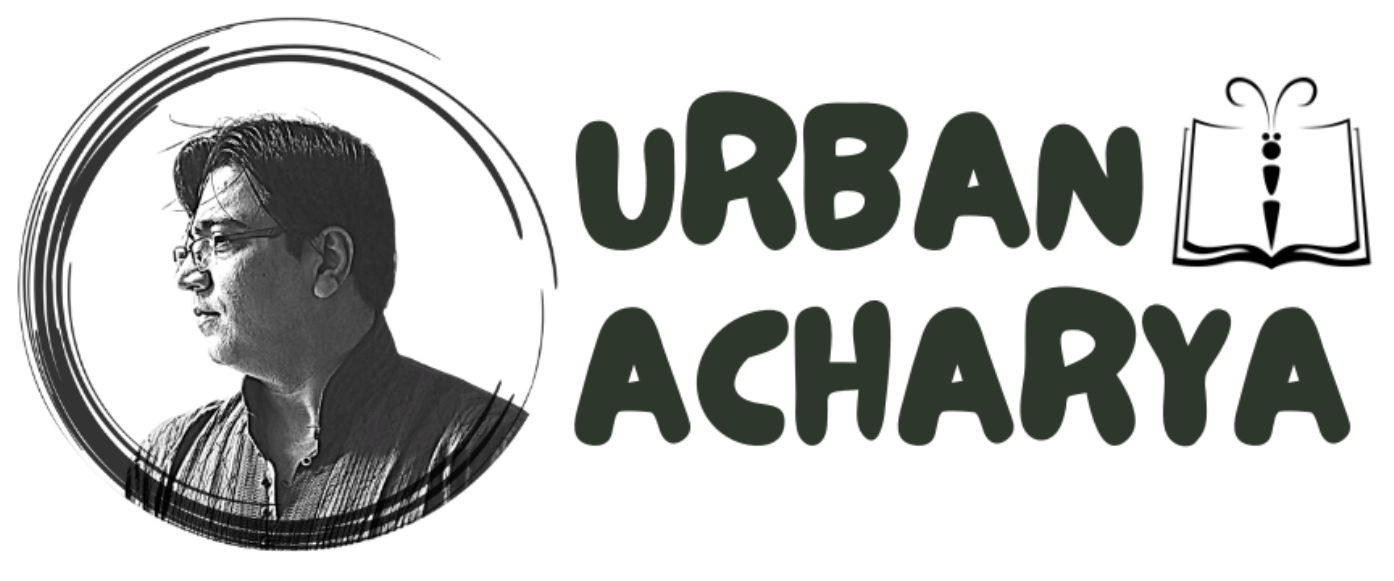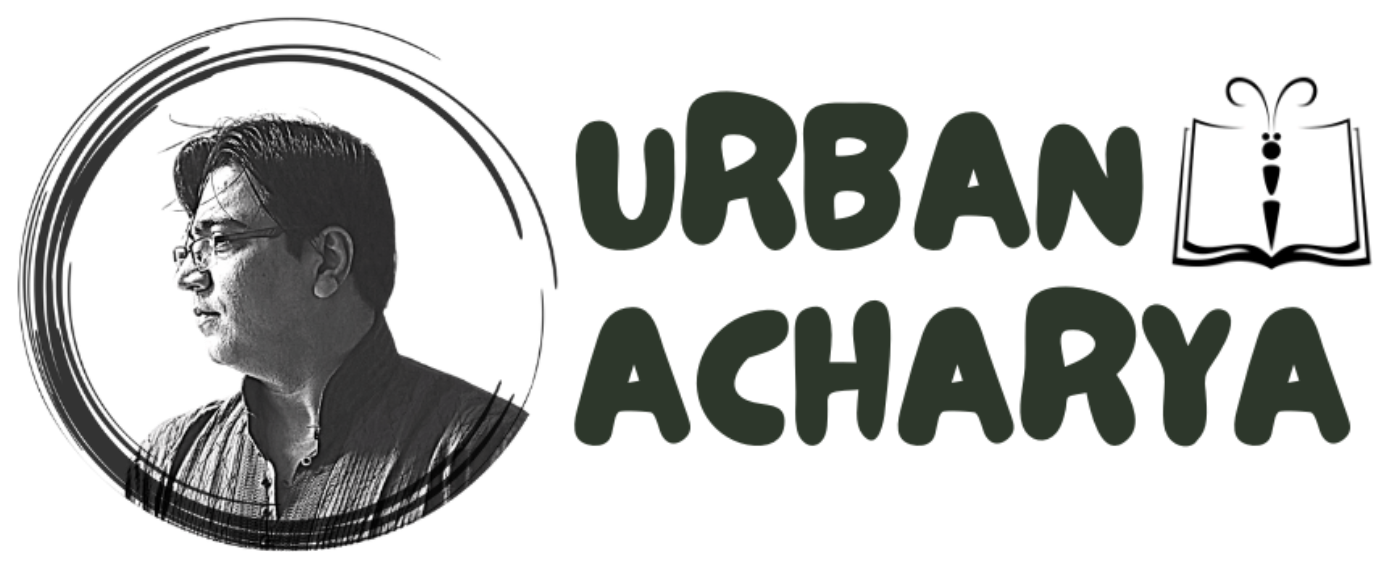Body Language speaks volumes without saying a word – it is the silent key to unlocking success.
Let me ask you a question.
Have you been to an interview recently and gave all the right answers, articulating it in the best possible way, and you had the right qualifications and skills for the role in discussion, but you ended up getting rejected?
I know we all have experienced it in our lives, and am sure you must have contemplated, reflected and deeply thought about what really went wrong in the process, when you thought you did so well in your final interview round.
More than being disappointed, it is a baffling situation that leads to fogged mind with a lot of unanswered questions. And let’s be honest, it dents our confidence levels too to some measure.
In my twenty years of experience with large MNCs, I have witnessed it so many times while conducting interviews for multiple roles. I have seen and met so many bright folks, doing so well in their interview rounds but unable to cross that golden line.
In this blog post I am going to throw some light on what really went wrong, bridging the gap in your understanding and answering to those questions that may have fogged your mind for a long time.
And before I do that, let me ask you another question.
Think about this – In your list of priorities while preparing for an interview in the past, where was “Non-Verbal Gestures” or “Non-Verbal Communication” or “Body-Postures”?
I am sure you are smiling, because both of us know that it never featured in your list and it won’t because believe it or not, psychologically we are groomed to think that an interview is a professional conversation limiting to only questions and answers, and therefore, we are maniacally focused on questions and answers, ignoring other key aspects. And to add to it, I have seen aspirants shabbily dressed in t-shirts and casuals while giving interviews – I will cover it in more detail in another blog post. But the point that I am trying to make here is – we are so ignorant of the fact that non-verbal gestures can lead to disqualification silently, leaving us confused and delirious.
There are no two thoughts about it.
Whether we realize it or not, our body continue to communicate something to the interviewer throughout the interview process. These are subtle indicators and play a very vital role in the recruitment process. How we stand, how we sit, our hands movement, an eye-contact and so on, communicates something about us to the interviewer. They can reveal the truth digging out from us, without our knowledge. Therefore, it is important for a candidate to be cognizant of such an important factor in the recruitment process, and learn to project himself/herself confidently with assertiveness and positive outlook.
Here is a list of 3 Tips to help you take control of your body language during the interview, making sure it emanates the right message to the panel/interviewer.
A. Body Language -Sitting Posture:
While you need to sit comfortably during the interview, crossing your legs, or too much slouching in the chair will not send the right signal. It will indicate easily that you are nervous or you are not giving due importance to the position or the role in the discussion. Sit comfortably straight and make good use of the back to help you with that. The hand movement has to be extremely controlled, no clasping, no folding of hands, as it will indicate some kind of conflict within or manipulation of the answer you have been trying to articulate. Try steepling and limited movement of hands while articulating your points. No drooping shoulders, try to bend slightly forward waist up in the chair, because that says you are interested in the job and very keen to move ahead with the deal.
B. Body Language – Eye Contact:
When you make eye contact and hold it consistently, it gives an indication that you seem attentive and trustworthy. But when you avert an eye contact, it indicates you are nervous or hiding something. Also, there is a difference between good eye contact and gazing, and it is important for a candidate to understand that difference. So don’t gaze. The best way to deal with this is, to make eye contact, stay for a few seconds, enough to notice the color of the eyeballs and then shuffle it between the two eyes of the hiring manager. That would be apt and is considered to be good eye contact. Also, no looking down while taking pauses or articulating a response. Looking down is indicative of the fact that you are trying to hide something or you are nervous about something. Also, there is so much literature written on eye movement during the interview, I strongly recommend everyone to study and include them as part of their interview preparation.
C. Body Language – Breathe:
The way you breathe reflects what is going on inside you. Fast, short and shallow breathing shows nervousness. And it would also lead to stammering at times during articulation. So, try to calm yourself just before the interview. There are so many great leaders and speakers and presenters, who resort to ten-minute quick meditation techniques before addressing large gatherings. It helps in bringing in the focus on the right subject, de-cluttering the mind. It is proved that a few minutes of silence before the interview, helps in organizing thoughts in a structured way. So, take a few minutes to close your eyes, in the corner of the room, or where ever you are, and do some pep-talk with yourself and try to relax, or just be silent and visualize that you have already cleared the round and coming through the door smiling and ecstatic. While practicing this quick calming method, take deep breaths, and inhale for a few seconds and then hold on to your breathing for a few seconds and then exhale. Repeat the process for a few minutes. Also, at the start of the interview try to control your breathing and go slow and easy.
What you need to realize is that your body language plays a far bigger role during the interview than you could imagine, in getting to that job you have been aspiring for. These tips will make you aware and conscious of your body language and you can spend adequate time working on it.
In conclusion, understanding and utilizing body language can be a game-changer in various aspects of life. By being mindful of the subtle cues we give and receive, we can build better connections, convey confidence, and decipher unspoken messages. So, embrace the power of body language, and let it be your ally in navigating the complexities of communication, both in personal interactions and professional endeavors.


